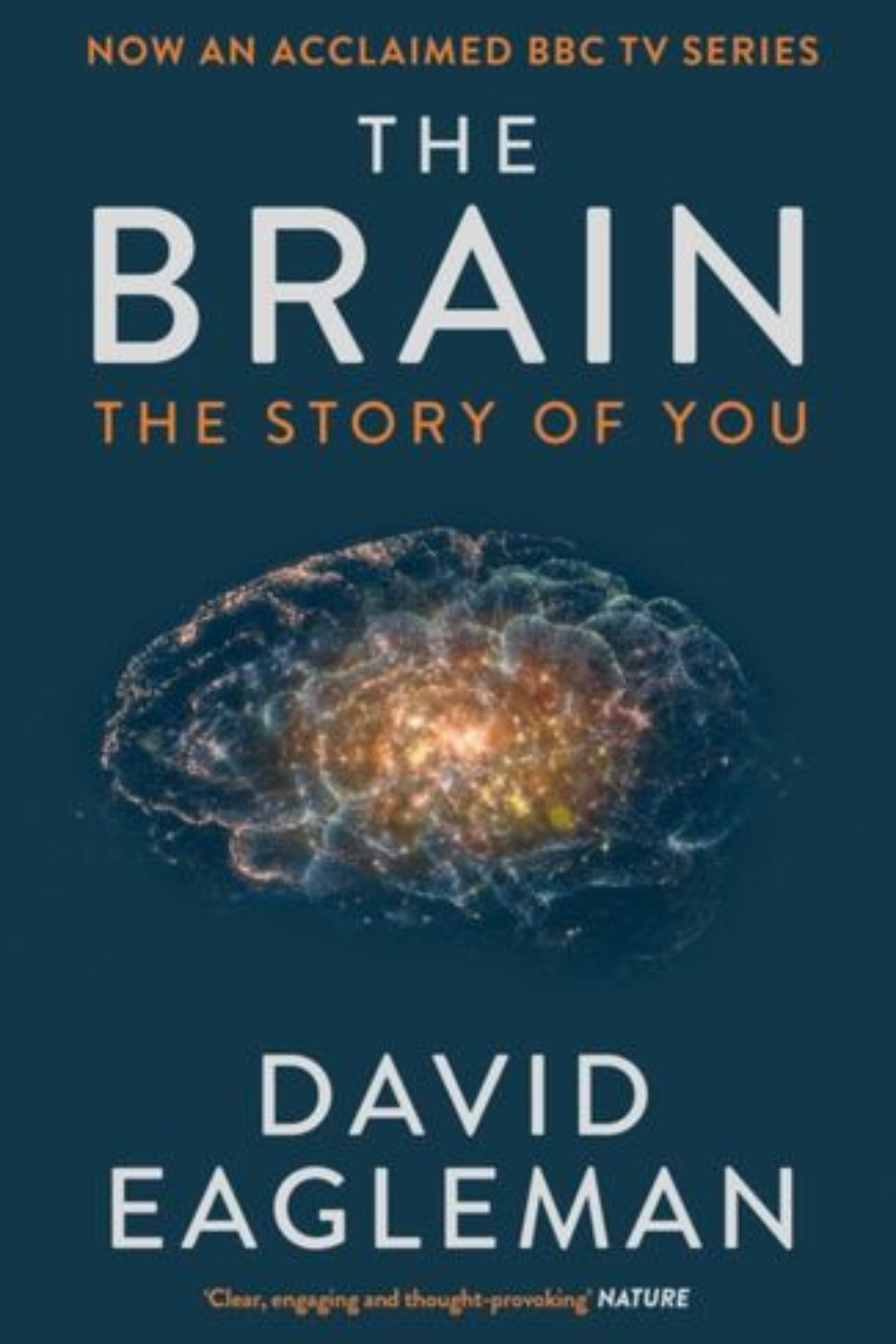Each of us is on our own trajectory – steered by our genes and our experiences – and as a result every brain has a different internal life. Brains are as unique as snowflakes.
- "David Eagleman"
In Ray Dalio's book, Principle, he dedicates a section to exploring the interplay between the conscious and subconscious mind. He underscores the need to grasp our brain's operations to thwart emotional hijacking. This notion prompted my quest for a more in-depth understanding of the human brain. Enter The Brain: The Story of You by neuroscientist David Eagleman.
David's writing style is refreshingly straightforward and engaging, often weaving in examples from scientific experiments. One doesn't need a background in neuroscience to grasp the content. As he aptly puts it, “When reading this book, all you need is curiosity and an appetite for self-exploration.” The pages overflow with intriguing insights about the brain.
One realization that struck me was the sheer power of the human brain. Our brain's size and complexity give us an unrivalled edge over other species, positioning humans as Earth's dominant inhabitants. Unlike many species with brains hard-wired from birth, the human brain possesses an astonishing elasticity. We're born as works in progress, and our experiences continuously mould our neural connections. The ever-evolving nature of our brain seems to scientifically bolster the idea of a growth mindset.
It is fascinating to understand how different areas activate for various tasks. For instance, the lateral prefrontal cortex lights up during logical problem-solving, while the amygdala plays a key role in emotional decisions. Most of these intricate processes occur beneath our conscious awareness. Simple actions, such as walking and picking up an object, necessitate complex neural coordination. Yet, we often remain blissfully unaware, with our subconscious doing the heavy lifting and our conscious mind intervening only when necessary. The “flow” top athletes experience is a great example of the unconscious mind.
What also surprises me is reality. One perceived "reality" is a filtered, unique and delayed version of actual events, as it takes time for signal to be received and understood by brain. In fact, there is no colour or sound. They are merely our brain's interpretations of external stimuli. As David said, ”The real world is not full of rich sensory events; instead, our brain light up the world with their own sensuality.” I wonder what the real world would look like without our brain processing these signals.
Peering into the future, David explores the potential of enhancing our senses with external devices and even hints at the digital immortality of the human brain. While these concepts sound like science fiction, ongoing research is bridging the gap between imagination and reality. These advancements herald not only scientific breakthroughs but also immense business opportunities, potentially birthing new industries or disrupting existing ones.
The Brain: The Story of you opens a door to brain sciences to me as if I have developed a new neural connection in mind. I concur with Ray Dalio; it is indeed essential for us to understand one’s brain, especially as human beings stand on the brink of another AI revolution.
